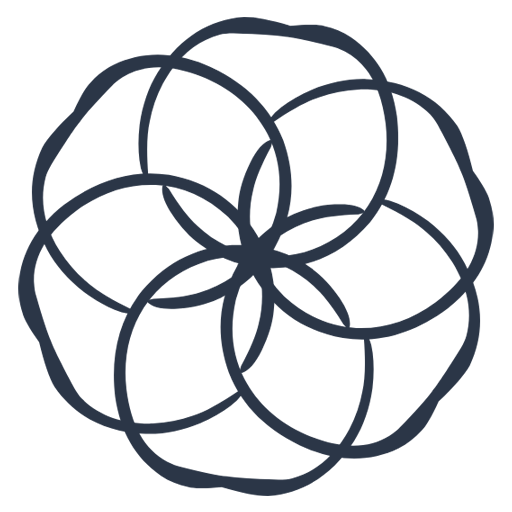DIY Infrastructure – Building the GLAM Workbench
The GLAM Workbench (https://glam-workbench.net/) is a collection of Jupyter notebooks and related resources that encourages exploration of collection data from GLAM organisations (galleries, libraries, archives and museums). Using Jupyter notebooks,…
Listed in Presentation | publication by group Implementing New Knowledge Environments (INKE)
Version 1.0 - published on 10 Nov 2023 doi: 10.25547/Q1V9-7322 - cite this
Licensed under Creative Commons BY-NC 4.0
Description
The GLAM Workbench (https://glam-workbench.net/) is a collection of Jupyter notebooks and related resources that encourages exploration of collection data from GLAM organisations (galleries, libraries, archives and museums). Using Jupyter notebooks, researchers can run live code to manipulate and analyse data – developing their skills, and learning about the possibilities of digital collections, while undertaking real research tasks.
The GLAM Workbench has always sought to provide researchers with multiple pathways, responding to their interests, aims, and digital confidence. Some of the notebooks run as web apps, requiring nothing more than a couple of clicks to run. Others are aimed at more experienced coders, providing live examples of what’s possible using collection APIs. Similarly, the notebooks can be used in a variety of computing contexts – one click will launch the Binder service, but for more sustained work there are options to use Docker images, Reclaim Cloud, or other cloud facilities. Different users can follow different pathways.
Without direct funding or institutional support, the GLAM Workbench has sought to achieve sustainability by opening its contents and processes to reuse, collaboration, automation and integration. There is no single platform that needs to be maintained, instead the GLAM Workbench takes advantage of existing standards and technologies to connect resources as required. Most recently, tools and documentation have been added to support individuals and organisations that want to contribute to the GLAM Workbench. For example, a standardised GitHub repository template has been developed for any GLAM organisation that wants to create its own section of the GLAM Workbench (or indeed, its very own version of the GLAM Workbench).
Cite this work
Researchers should cite this work as follows:
- Sherratt, T., (2023), "DIY Infrastructure – Building the GLAM Workbench", HSSCommons: (DOI: 10.25547/Q1V9-7322)
Notes
This talk was delivered on November 16, 2022, as part of Reviewing, Revising, and Refining Open Social Scholarship: Australasia, an Implementing New Knowledge Environments (INKE) Partnership & Canadian-Australian Partnership for Open Scholarship (CAPOS) Online Event. The session was chaired by Rachel Hendery (Western Sydney U).
Publication preview
Implementing New Knowledge Environments (INKE)
This publication belongs to the Implementing New Knowledge Environments (INKE) group.
When watching a publication, you will be notified when a new version is released.
